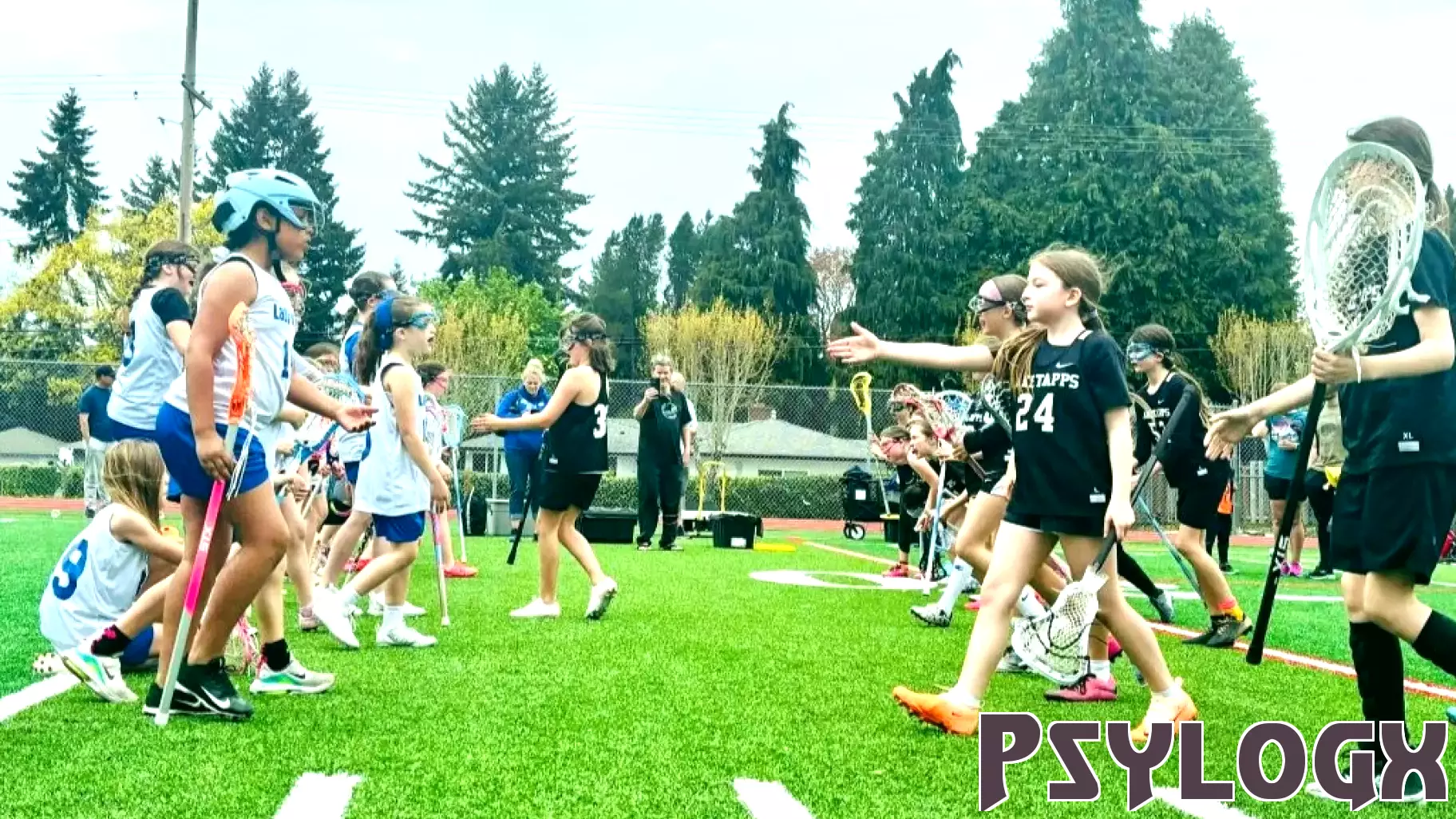April 16, 2025 - 16:13

The decline in sportsmanship has significant psychological and developmental consequences for young athletes. When adults, including parents, coaches, and spectators, exhibit poor behavior, it fosters an environment that undermines learning, enjoyment, and emotional well-being. This detrimental atmosphere can lead to increased anxiety, decreased self-esteem, and a lack of motivation among young players.
Experts in sports psychology emphasize that witnessing negative behaviors can instill a sense of fear and pressure in athletes, making them less likely to take risks and enjoy the game. Children may internalize these experiences, leading to long-term issues such as burnout or a disinterest in sports altogether. Furthermore, the pressure to perform in a toxic environment can exacerbate mental health challenges, affecting not only athletic performance but also overall life satisfaction.
To combat these issues, it is crucial for adults to model positive behavior and create supportive environments that prioritize the well-being of young athletes. By fostering a culture of respect and encouragement, we can help nurture the next generation of sports enthusiasts.



